Folake Akinola-Pinard is the principal of Downtown Elementary School. The daughter of immigrants, a native of Harlem, and an educator for nearly 25 years, Akinola-Pinard has said her purpose is ‘to give public school students a private school education.’ We caught up with Principal Akinola-Pinard with five questions to kick off our school year. This is the first in an occasional series.
What excites you about the start of a new school year?
The kids and families. Also, we have a new addition to our leadership team who used to be a teacher here and is very well respected, so I’m excited about seeing her grow and shine in her role. Through all the lessons learned [last year], we spent a lot of the summer thinking about what we can tweak, refine, and do better. I’m excited about acting on those things—that excites me.
Our school is known for joy. We always say ‘Downtown Elementary Joy.’ The teachers and staff members are amazing; our kids really love school. Our traditions and defining moments help them to continue to enjoy school. Dot Day is an example of a defining moment where we celebrate the power of possibility and the beauty of art. The day is inspired by The Dot, by Peter Reynolds. In The Dot, the main character, Vashti, doesn’t see herself as an artist and is therefore unwilling to work in art class. Her teacher, determined to change Vashti’s self-perception simplifies things by saying, “Just put a dot on the page and see where it takes you.” Our art teacher, Ms. Walsh incorporates the work of Yayoi Kusama into Dot Day, a reminder that when you use your imagination, you can turn something as simple as a dot into something breathtaking.
We also have an event called ‘Anytime, Anywhere,’ where we turn the whole building into a specific country. Last year, we traveled to Ecuador. We spend about 4 weeks learning about the country before we actually travel; this information lives mostly in Morning Meeting slides. Finally, after a litany of hints, we share the destination and begin the process of transforming each floor into a different part of the country, with the help of our amazing families and staff. Otavalo Market, Galapagos Islands, and the Amazon were the places that we chose to visit and we focused on famous Ecuadorians like Guayasamin and Nemonte Nequimo. Anytime Anywhere allows students to travel to places that may be inaccessible to them. It also gives both children AND adults an opportunity to learn about a new place.
What do you love about being an educator?
I love my job because I’m very much a big kid, which is part of the reason I believe that I connect well with kids. I love creating a culture that feels like home with warm rigor.
I also love the way teaching is like detective work. We are always trying to figure out how to crack the code; what is it that makes this student tick, and what opens their hearts and minds? Keeping in mind the Universal Design for Learning model we use, we do a lot of figuring out, asking ourselves questions like, ‘What is it about this particular student that, A), helps them to have access and entry points into what we are teaching, and, B) identify the gaps that exist? Once we know both of those things combined with the best way to engage students based on who they are as learners, that’s how we can meet their needs. It takes a lot of investigative work.
What’s the best thing about kindergarteners?
I taught kindergarten for two years and those were the best two years of my teaching career. Why? They start off learning numbers and letters, and by the time you know it, they’re reading at the end. There’s no other grade where you experience such growth in such a short amount of time.
And in a kindergarten class, you’re like a celebrity they give you so much love!!! Their hearts are so open to receiving love and care. You can say, “Did you write that letter? Was that you? This letter is GORGEOUS!!!” This kind of feedback can change a kindergartener’s life. They’re just so cute. I adore kindergarteners.
What’s it like to say goodbye to 5th-graders at the end of their time at DTES?
I taught 5th-grade science just for a short time this past year to cover someone who was out on leave. I think I’m the closest with this last 5th grade [now 6th-graders] as a result of this. I love teaching! I got to have fun with them learning different concepts and using different modalities. We learned about gravitational energy. I had them write their own song, skit, or whatever they wanted to do to represent gravitational energy. We had so many beautiful moments together, and the moving up ceremony for me was full of … TEARS!
I’m a big crier. Both my 5th graders and my former kindergarteners [whom I taught 9 years ago] also graduated from 8th grade. So right before I had to deliver my speech [for the 5th-graders], I watched them graduate. It was an emotional moment.
Sending them off, to be honest, was hard! Elementary school is so nurturing. Middle school is nurturing, but it’s just different. And they’ll say, ‘I really miss elementary school.’ Or they’ll come back and say, ‘Remember when we learned this?’ So, knowing that they’re going off to this world is beautiful because it’s still part of Prospect Schools, but different because they are older. This makes me sad but excited to see who they’re going to become.
What advice do you have for new teachers, and also all teachers?
Model vulnerability. I think it’s really important for others to see that I can make mistakes. It’s a growth opportunity; let’s go! And being just open and honest, if there’s something going on with you, I let folks know they can talk to me about that.
Be kind to yourself. Ask for help if you need it. Be open to feedback, like, truly open, and if you’re not, think about what are those things that are preventing you from accepting it. That’s one of my things. If you really struggle but can receive feedback, that’s better than someone super skilled who can’t receive it.
Take care of yourself. Share when something is wrong. It’s ok. Also, self-care. I really emphasize that.
You always have to believe as a teacher that you’re going to win. Always figure out what tool to use to help redefine a student and show them who they are and that you care about their growth.
Uplift and provide knowledge. That’s your job. You see the Chinese food spot up the street, think about using what you see as an opportunity to teach about Chinese culture and people who came to this country. I once had this student who was struggling with social cues and connecting with others. I saw this student drawing in class one day. The artwork was so unique; it was absolutely beautiful. I said to her, ‘Please make me something and autograph it so that when you’re famous, I’ll have one of our pieces.’ The next day, she left the most beautiful picture for me. I can’t even describe it. I finally connected with the student. But you have to intentionally seek it. That’s our job—to do this for both kids and adults.

